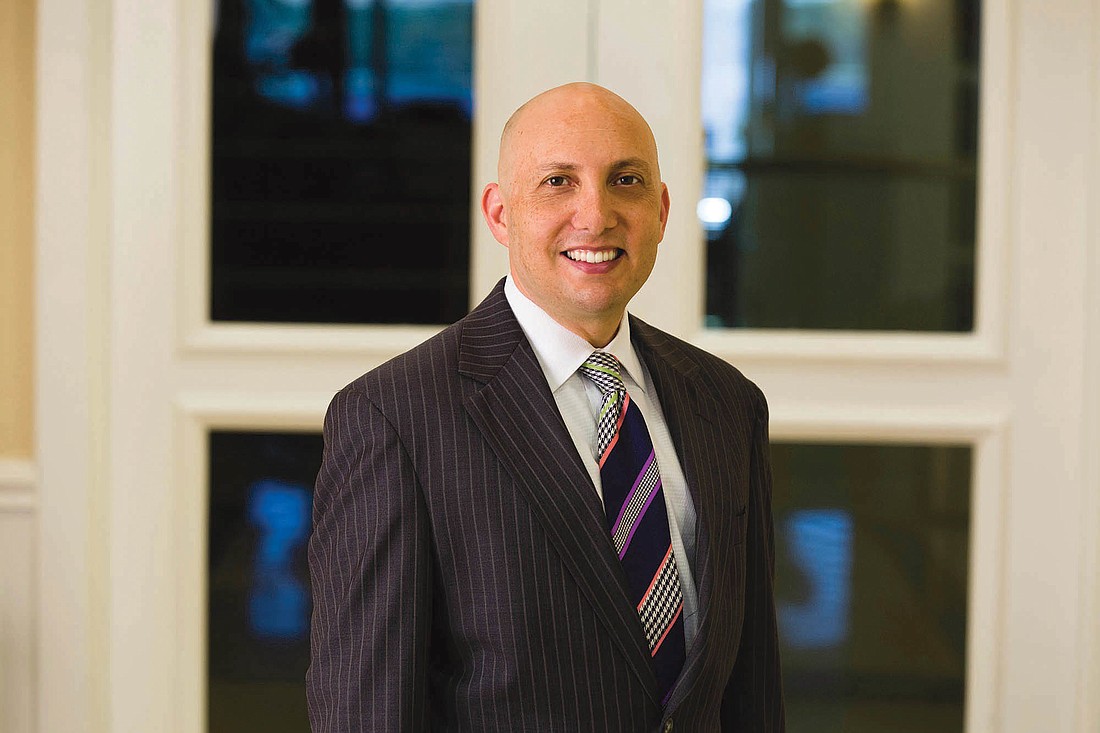
The American Bar Association House of Delegates recently held its midyear meeting in Vancouver, British Columbia. The House approved nearly three dozen resolutions on topics ranging from criminal sentencing, civil rights, discrimination, access to courts and lawyer wellness.
Here are summaries of significant positions on which the House voted that should be of interest to the Jacksonville legal community:
The ABA has been engaged in research examining aspects of well-being regarding law students and lawyers. According to an ABA report published in August, “The research has quantified an alarming rate of alcohol and other substance use and mental health concerns, coupled with deficient help-seeking behaviors.” House Resolution 105 urges all courts, Bar associations and other stakeholders to be guided by the report.
• We are at a crossroads. To maintain public confidence in the profession, to meet the need for innovation in how we deliver legal services, to increase access to justice and to reduce the level of toxicity that has allowed mental health and substance use disorders to fester among our colleagues, we have to act now. Change will require a wide-eyed and candid assessment of our members’ state of being, accompanied by courageous commitment to re-envisioning what it means to live the life of a lawyer.
• Too many lawyers and law students experience chronic stress and high rates of depression and substance use. These findings are incompatible with a sustainable legal profession and they raise troubling implications for many lawyers’ basic competence. This research suggests that the current state of lawyers’ health cannot support a profession dedicated to client service that is dependent on the public trust.
• More than 20 percent of respondents scored at a level consistent with problematic drinking. This is nearly twice that of a similar study of a highly educated workforce.
More than 25 percent reported some level of depression, with nearly half indicating that they had experienced depression at some point in their careers.
More than one out of 10 reported suicidal thoughts at some point while practicing law. Even more significant, 0.7 percent indicated at least one suicide attempt.
The recommendations are set out at http://bit.ly/2EM54Vn with analysis and commentary.
The House passed Resolution 302 urging all employers to create, and more importantly to enforce, effective sexual harassment policies.
To make this resolution practical – and helpful for employment law practitioners – the resolution sets forth suggestions for what an effective policy should contain and how investigations, and resulting action, should be undertaken.
Suggestions include clarifying that the policies apply to all work-related functions irrespective of where offending conduct occurs; provision for alternative methods for reporting violations, including anonymous reporting, such as a hotline, and alternative methods when the accused party would otherwise be involved in the reporting process; issuance of post-investigation reports to bring closure to the process; and communication regarding claims, investigations and outcomes to the highest levels of the company, such as the board of directors or executive committee.
Youth experiencing homelessness often are referred to as a “hidden population” given the challenges in collecting relevant data. Some reports estimate that 1.7 million youth leave home or are forced out annually, and that approximately 550,000 of those experience homelessness.
These young people are likely to have encounters with the justice system and have increased risks of experiencing physical and sexual violence.
In response, Resolution 113 was approved, calling for “integrated, systemic approaches within administrative, civil and criminal court contexts to address the special needs of youth and young adults experiencing homelessness.”
The House also passed Resolution 301, endorsing United Nations General Comment No. 21, which provides guidelines to address the international plight of so-called “street children.” The overarching premise is that street children are rights-bearing individuals.
Michael Freed is a Gunster, Yoakley & Stewart shareholder and Jacksonville’s representative in the ABA House of Delegates. He is past president of The Jacksonville Bar Association and the Jacksonville chapter of the Federal Bar Association.